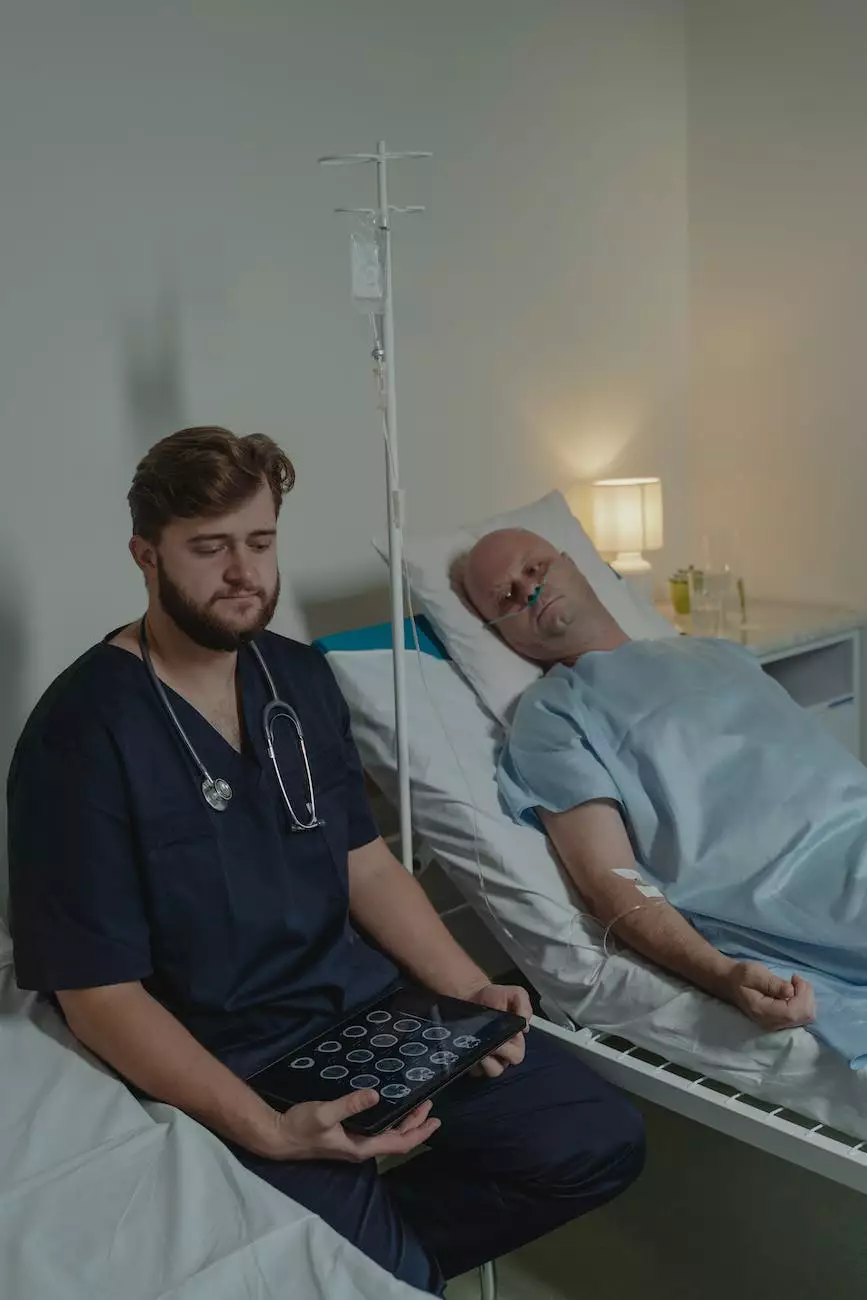Malignant Melanoma Matthews, NC - Charlotte
Services
Welcome to Greater Carolinas Womens Center, your reliable source of information on malignant melanoma in Matthews, NC and Charlotte. We understand the importance of educating the community about skin cancers, and in this article, we will provide you with a detailed overview of malignant melanoma, including its symptoms, diagnosis, treatment options, and prevention.
Understanding Malignant Melanoma
Malignant melanoma is a type of skin cancer that develops in the melanocytes, the cells responsible for producing the pigment melanin. It is the most dangerous type of skin cancer due to its ability to spread to other parts of the body if not detected and treated early. Melanoma often starts as an irregular mole or dark spot on the skin.
Symptoms of Malignant Melanoma
Early detection of malignant melanoma is crucial for successful treatment. It is essential to be aware of the common signs and symptoms of this skin cancer. Common symptoms of malignant melanoma include:
- Irregular moles: Pay attention to moles that are asymmetrical, have irregular borders, or exhibit variations in color.
- Changes in existing moles: Monitor any changes in size, shape, color, or elevation of existing moles.
- New growths: Be cautious of the appearance of new growths on your skin, especially if they are dark, multicolored, or rapidly enlarging.
- Itching or bleeding: Malignant melanoma may cause itching, bleeding, or crusting in affected areas.
- Non-healing sores: Sores that do not heal within a reasonable period should be examined by a healthcare professional.
Diagnosis and Treatment Options
If you suspect the presence of malignant melanoma or have noticed any suspicious symptoms, it is important to consult with a qualified dermatologist or healthcare provider for proper diagnosis and treatment. During the examination, the healthcare professional may:
- Perform a physical exam: The healthcare professional will examine your skin, paying special attention to moles or spots of concern.
- Conduct a biopsy: A small sample of the suspicious area may be extracted for laboratory analysis to determine if it is cancerous.
- Stage the melanoma: If diagnosed with malignant melanoma, further tests may be conducted to determine the stage and extent of the cancer.
The treatment options for malignant melanoma depend on various factors, including the stage of cancer, location, and overall health of the patient. Common treatment modalities include:
- Surgical excision: The removal of the cancerous skin cells through surgical procedures.
- Chemotherapy: The use of medications to destroy cancer cells.
- Immunotherapy: Treatments that enhance the body's immune system to fight cancer.
- Radiation therapy: The use of high-energy radiation to kill cancer cells.
- Targeted therapy: Medications that specifically target cancer cells.
Prevention of Malignant Melanoma
Prevention plays a vital role in reducing the risk of developing malignant melanoma. Here are some tips to protect yourself from this potentially life-threatening skin cancer:
- Use sunscreen: Apply a broad-spectrum sunscreen with an SPF of 30 or higher, and reapply every two hours or after swimming or sweating.
- Avoid excessive sun exposure: Seek shade when the sun is strongest, typically between 10 a.m. and 4 p.m.
- Wear protective clothing: Cover your skin with long sleeves, long pants, a wide-brimmed hat, and sunglasses with UV protection.
- Perform self-examinations: Regularly check your skin for any changes, and report any concerns to a healthcare professional.
- Get regular skin check-ups: Schedule regular appointments with a dermatologist for comprehensive skin examinations.
Conclusion
Malignant melanoma is a serious form of skin cancer that requires early detection and prompt treatment. By familiarizing yourself with the symptoms, understanding the diagnosis and treatment options, and practicing prevention techniques, you can significantly reduce your risk of developing this potentially life-threatening disease. Remember, Greater Carolinas Womens Center is here to provide you with comprehensive information and resources on malignant melanoma in Matthews, NC and Charlotte. Consult with a healthcare professional for personalized advice and guidance regarding your specific situation.



